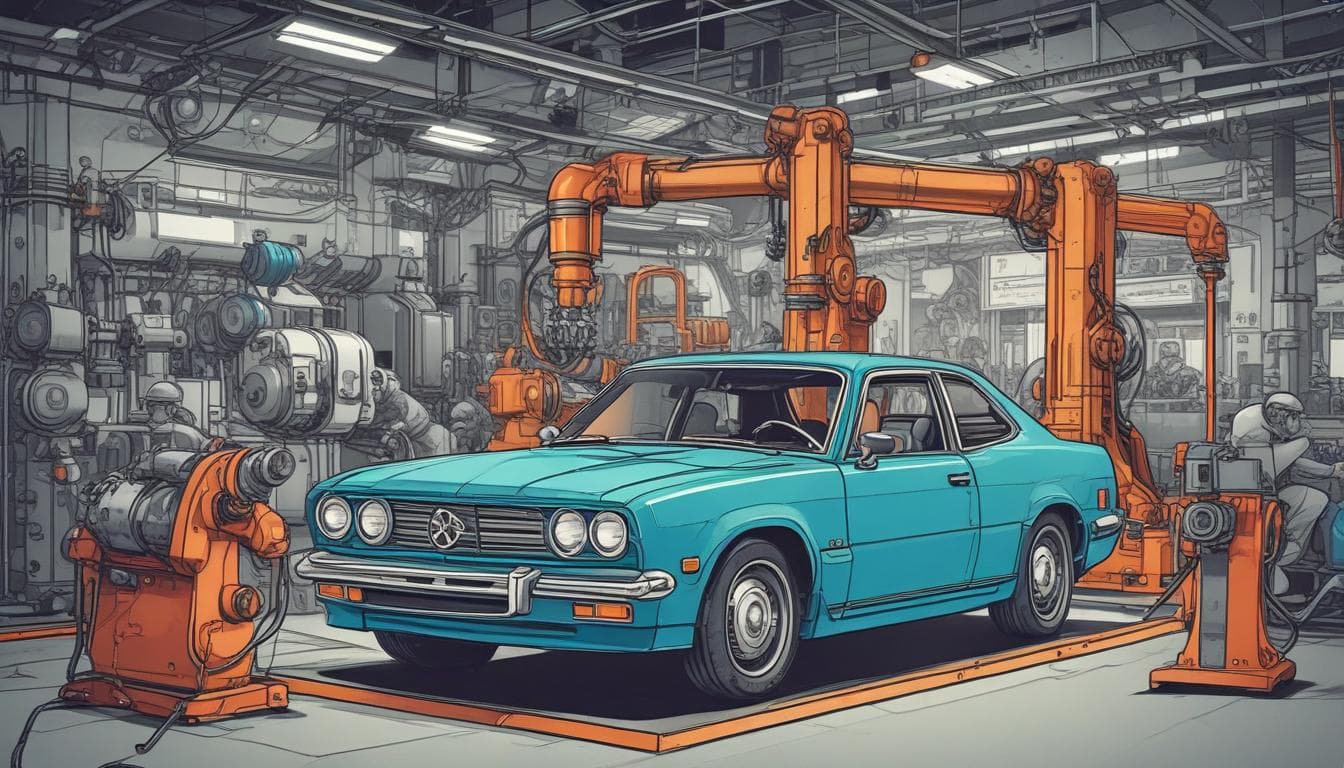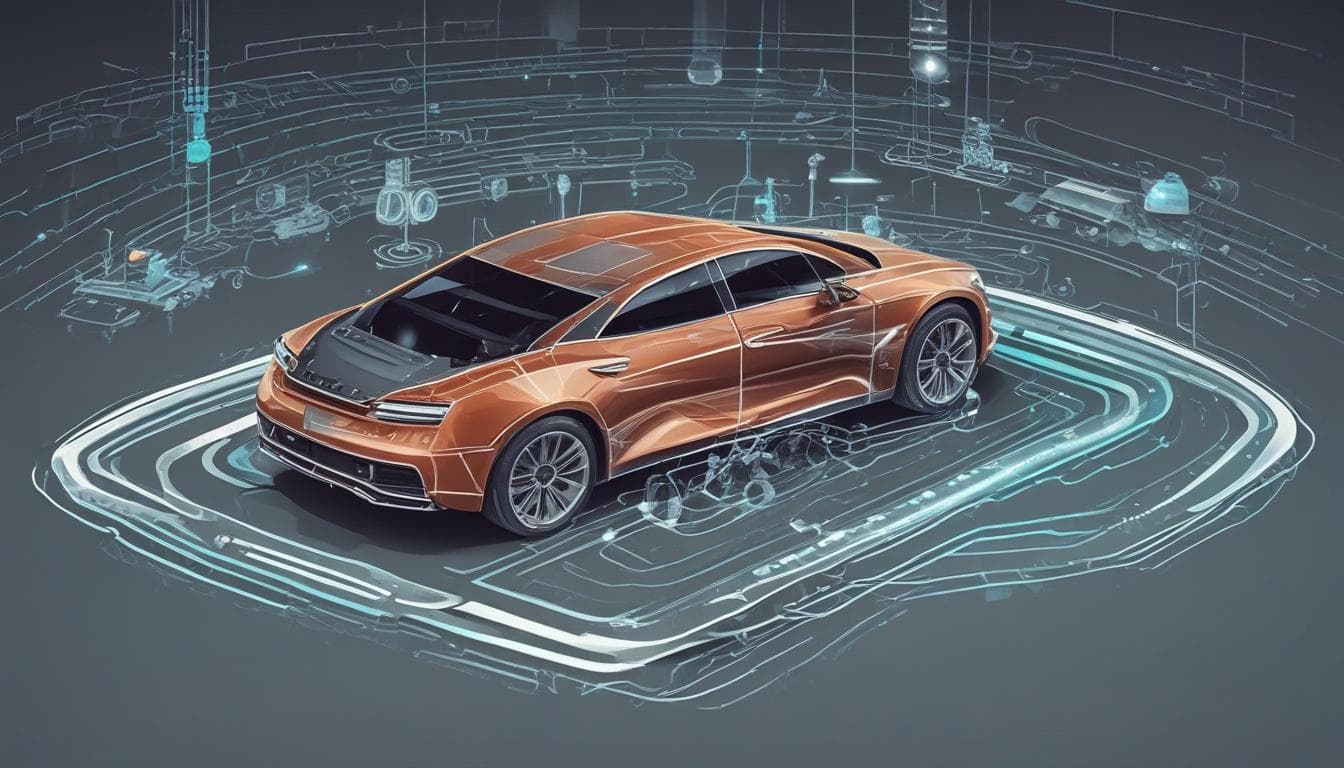With the rise of AI in vehicles, imagine a future where cars can analyze your emotional state and adapt their driving style, interior ambiance, and even suggest personalized entertainment. How do you envision this technology impacting the driving experience, and what are the potential ethical considerations of such emotionally intelligent vehicles?
Imagine driving home after a long, stressful day, and your car not only detects your mood but adjusts its behavior to make your journey more relaxing—it might lower the interior lighting, soften the suspension settings, or suggest soothing music from your playlist. This kind of emotionally intelligent technology in vehicles could redefine personal mobility, making it more tailored to our needs and emotions.
There are several potential impacts on the driving experience. For example:
-
Comfort and Safety: By recognizing when a driver is stressed or fatigued, the car could engage calming features or suggest breaks, which could ultimately make roads safer. AI could even activate assistive technologies like Adaptive Cruise Control or lane-keeping systems during moments of distress.
-
Enhanced Personalization: This technology could transform the car into a companion-like entity, making the driving experience immersive and enjoyable. Personalization could extend from ambiance to navigation suggestions tailored to your current mood.
However, the implementation of such emotionally aware systems raises significant ethical concerns:
-
Privacy and Data Security: For cars to detect emotional states, they would need to process highly sensitive data like facial expressions, voice patterns, or even physiological signs. Ensuring that this data is anonymized and securely stored is critical. Transparency about how and why this data is used will be foundational to gaining public trust.
-
Potential Bias in AI Systems: Emotion-detection algorithms might struggle with cultural, individual, and contextual nuances, leading to misinterpretation. Developers will need to ensure that these systems are inclusive and non-discriminatory.
-
Over-reliance on Technology: If cars become too adaptive, it may inadvertently reduce driver attentiveness, particularly in semi-autonomous driving settings. Striking a balance between assistance and driver engagement will be a key challenge.
For those interested in how advanced AI is revolutionizing automotive design, manufacturing, and overall driving experiences, I highly recommend reading about the transformative role of AI in the automotive industry. It provides deeper insights into the broader applications of AI in this space.
Additionally, initiatives like these align with broader trends, such as integrating features like Extended Reality to enhance the automotive experience, showcasing how cutting-edge technologies converge to create a futuristic driving paradigm.
What are your thoughts on this? Do you feel the benefits outweigh the ethical dilemmas, or should these developments be approached with more caution?
Explore mais sobre este tópico
Participe da conversa
- Carro autônomo que dirige como você: benefícios e desafios
Imagine um futuro onde seu carro dirige como você. Quais seriam os benefícios e desafios de um veículo autônomo que replica seu estilo de direção? Explore as implicações de segurança, privacidade, personalização, legais e éticas dessa tecnologia inovadora. Descubra se essa tecnologia tornaria as estradas mais seguras ou se apresentaria novos riscos.
- Carros em Harmonia com a Natureza Brasileira: Uma Simbiose Possível?
Explore os desafios e oportunidades de veículos que interagem com o ecossistema brasileiro, desde a Floresta Amazônica até o turismo ecológico. Uma discussão sobre tecnologia, ética e preservação ambiental na indústria automotiva.
- Carros em sintonia com a natureza: um futuro possível no Brasil?
Explore a possibilidade de carros interagirem com a natureza brasileira. Imagine veículos interpretando sinais da fauna e flora, adaptando-se às condições da estrada, prevendo desastres e contribuindo para a preservação ambiental. Discuta a viabilidade tecnológica, impactos culturais e ecológicos dessa simbiose.





